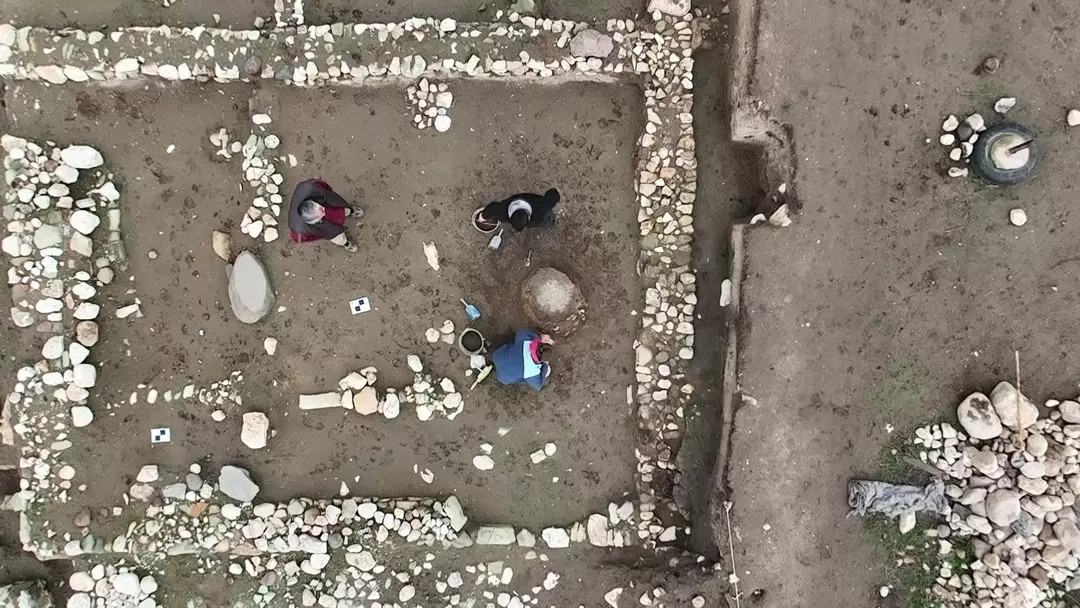The oldest well-preserved vertebrate brain ever discovered was found by researchers by accident and good fortune. It is thought to be around 319 million years old. Besides, what ancient secrets it must have.
Sam Giles, a researcher at the Natural History Museum in London and coauthor of the study that resulted in the discovery and was published in the journal Nature on February 20, 2023, told CNN, "This is such a wonderful and unexpected find."
It took some time for us to be positive that it was a brain because it was so unexpected, she added. The structure of the brain in this fossil has significant implications for our knowledge of fish brain evolution, in addition to being a preservational wonder.
The coccocephalus wildi, a carboniferous and early form of a ray-finned fish, was the animal whose fossilized skull the astonishingly old brain was discovered stuck inside. Nevertheless, the fossil itself is not a recent find; in fact, it was found in an English coal mine more than a century ago.
Researchers merely wanted to obtain a better look utilizing contemporary, nondestructive computed tomography (CT) scanning because the fossil is the only known example of this species.
They discovered an unidentified blob that appeared as a dense mass on the CT scan and was enigmatic, bilaterally symmetrical, and unrelated. Intriguingly, it also had areas that resembled cranial nerves, filaments, and ventricles; researchers were astounded by what they saw.
According to senior author and University of Michigan paleontologist Matt Friedman, "It had all these traits, and I asked to myself, "Is this truly a brain that I'm looking at? "
Brain to See
There was no doubting that the team had a genuine brain once they zoomed in for a closer look.
The brain structure was preserved through a somewhat common fossilization process that involves minerals forming in place of delicate soft tissue. However, for the minerals to form in such "exquisite detail" is an extraordinary stroke of luck. Giles told CNN that the find is the "oldest three-dimensional fossil brain of anything we know."
And even encased in stone, this encephalon of an epochal eon can impart long-lost knowledge, helping us fill gaps in evolutionary history.
"Not only does this superficially unimpressive and small fossil show us the oldest example of a fossilized vertebrate brain, but it also shows that much of what we thought about brain evolution from living species alone will need reworking," said lead author, a fellow UM paleontologist, in the release.







